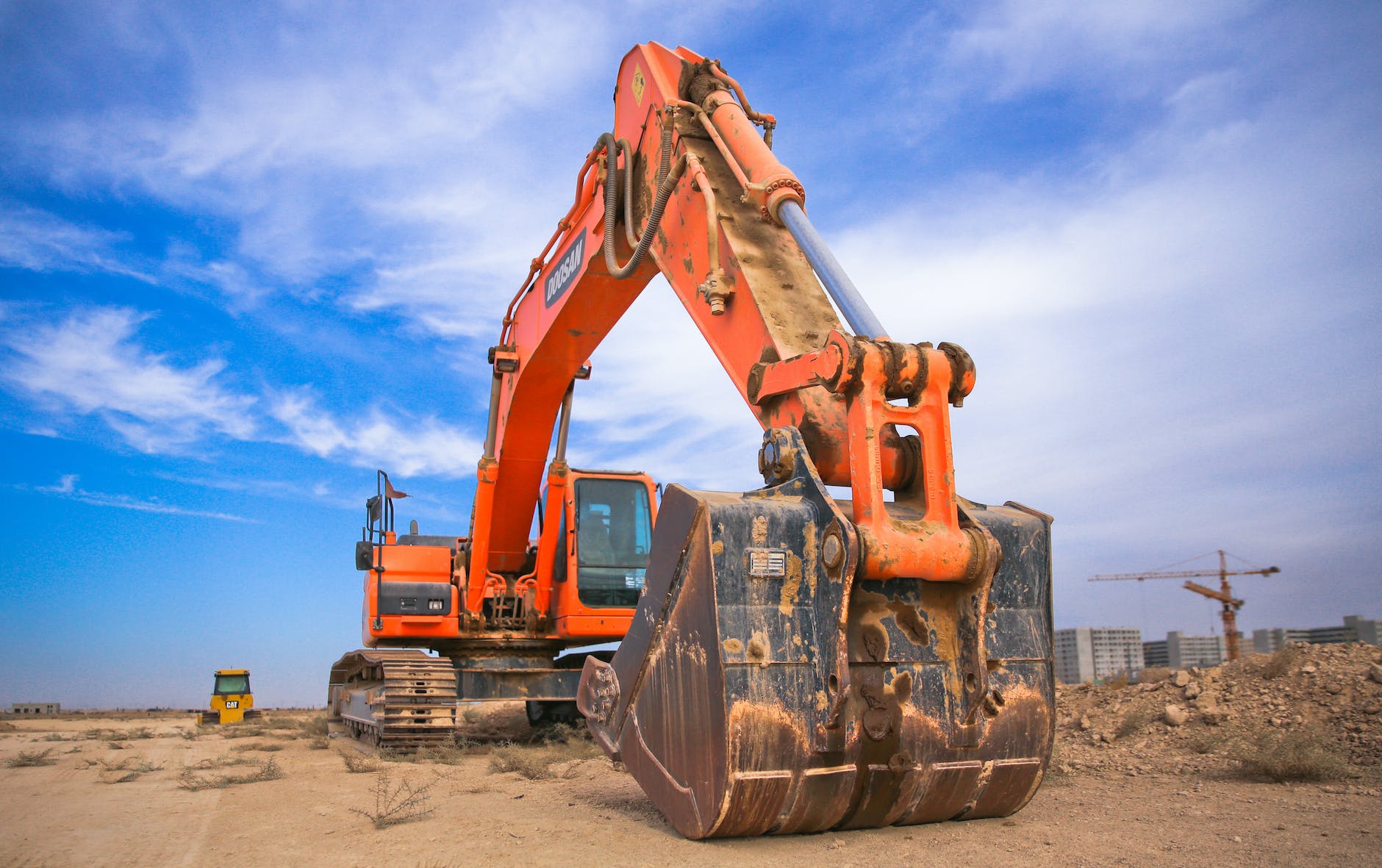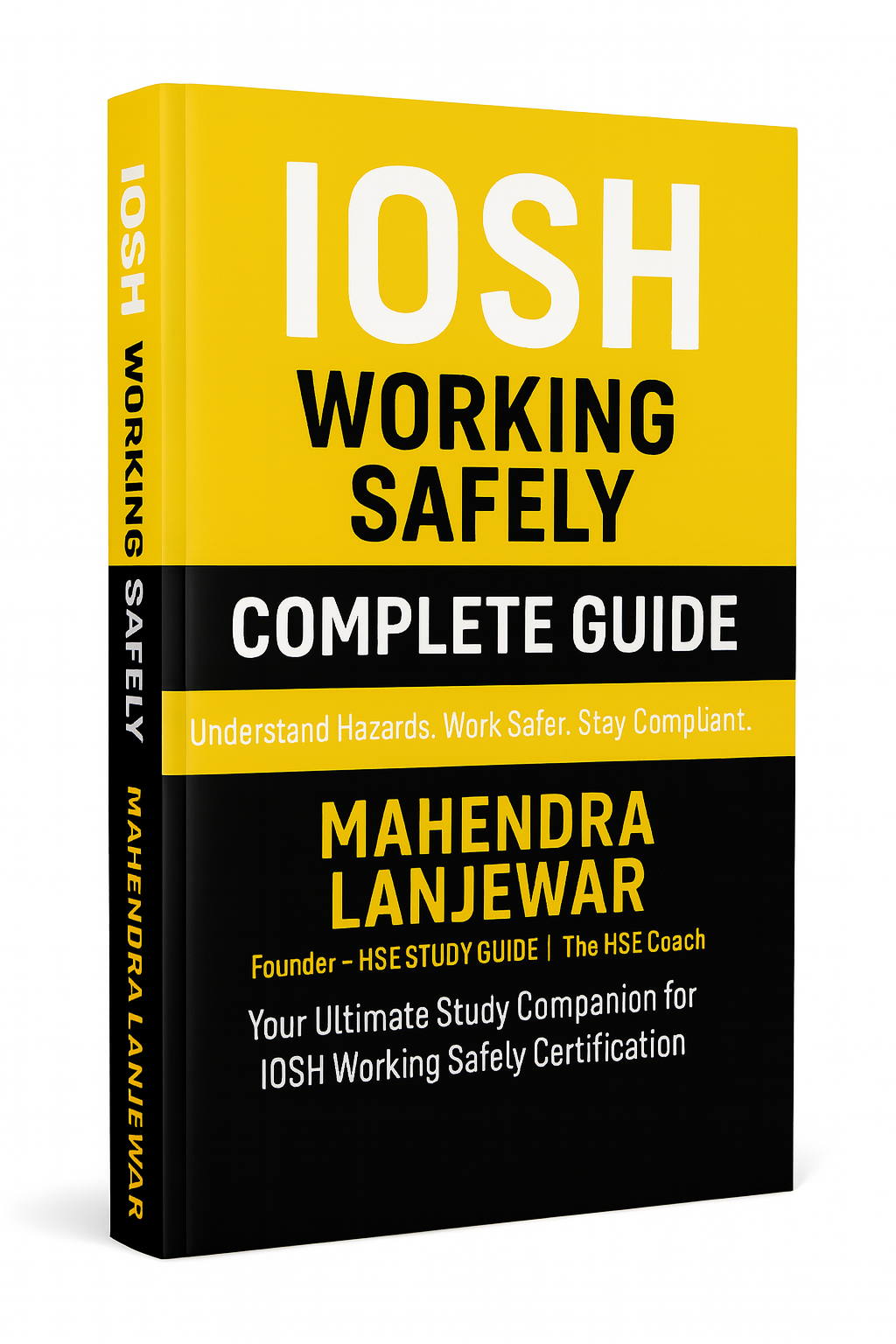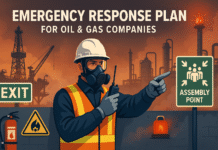
Excavation Safety : In construction and engineering projects, excavation plays a critical role in preparing the ground for various structures. It involves digging, trenching, and earthmoving activities to create a foundation or to install underground utilities. While excavation is essential, it also presents inherent risks to workers and the surrounding environment. Implementing proper safety measures is crucial to prevent accidents and ensure a smooth excavation process. In this article, we’ll explore ten essential tips for excavation safety that should be followed on any construction site.
1: Conduct a Thorough Site Assessment
Before commencing any excavation project, conduct a comprehensive site assessment. Identify potential hazards, such as underground utilities, unstable soil, or nearby structures. Engage with utility companies to locate and mark buried cables, gas lines, and other utilities. Understanding the site’s geology and soil conditions will help plan the excavation process more effectively.
2: Prepare a Detailed Excavation Plan
Developing a detailed excavation plan is vital for ensuring safety during the project. The plan should include information on the excavation’s purpose, the depth of the dig, and the equipment needed. Moreover, it should outline safety procedures, emergency protocols, and the responsibilities of each team member involved.
3: Provide Proper Training
All personnel involved in the excavation process must undergo thorough training in excavation safety. They should be knowledgeable about the specific hazards associated with the project and be trained on the proper use of excavation equipment. Regular training refreshers can help reinforce safety practices and keep everyone vigilant.
4: Use Protective Equipment
Personal Protective Equipment (PPE) is a fundamental aspect of excavation safety. Every worker on the site should wear appropriate gear, including hard hats, steel-toed boots, high-visibility vests, gloves, and safety goggles. Respiratory protection should also be provided when working in dusty or confined spaces.
5: Inspect Excavation Equipment
Before starting each workday, inspect all excavation equipment thoroughly. Ensure that they are in good working condition and free from any defects. Faulty equipment can lead to accidents and delays in the project. Regular maintenance and timely repairs are essential to keep the machinery in top shape.
6: Implement Proper Trenching Techniques
Trench collapses are one of the most significant risks in excavation. To prevent accidents, implement proper trenching techniques such as sloping, benching, or shoring. The depth of the trench and the type of soil will determine the appropriate method to use.
7: Monitor Weather Conditions
Weather conditions can impact excavation safety. Heavy rainfall can cause soil instability, while strong winds can pose hazards to workers and equipment. Monitor the weather forecasts daily and take necessary precautions to ensure everyone’s safety.
8: Establish Emergency Response Plan
Despite all precautions, emergencies can still occur. Establish a well-defined emergency response plan that includes evacuation procedures, medical assistance, and contacting emergency services. Every worker should be familiar with the plan and know how to respond in case of an emergency.
9: Control Access to the Excavation Site
Limit access to the excavation site to authorized personnel only. Erect barriers and warning signs to prevent unauthorized entry. This measure helps minimize the risk of accidents and keeps bystanders safe.
10: Regularly Inspect the Site
Frequent inspections of the excavation site are essential to identify any changes or potential hazards that may have arisen during the project. Regular site inspections enable prompt mitigation of risks and ensure a safe working environment.
Conclusion
Excavation safety is of utmost importance in any construction project. By following these ten essential tips, construction companies and workers can significantly reduce the risk of accidents and injuries. A combination of thorough planning, proper training, and vigilant adherence to safety protocols creates a secure environment for everyone involved in the excavation process.
FAQs
- Q: Why is excavation safety crucial? A: Excavation safety is crucial to prevent accidents, injuries, and fatalities on construction sites, as well as to protect the surrounding environment.
- Q: What is the primary cause of accidents during excavation? A: Trench collapses are one of the leading causes of accidents during excavation, emphasizing the importance of proper trenching techniques.
- Q: How often should excavation equipment be inspected? A: Excavation equipment should be inspected daily before starting work to ensure it is in good working condition.
- Q: Can weather conditions impact excavation safety? A: Yes, weather conditions like heavy rain or strong winds can impact excavation safety and should be monitored closely.
- Q: What should be included in an emergency response plan for excavation? A: An emergency response plan should include evacuation procedures, medical assistance protocols, and contacting emergency services in case of accidents or emergencies.
























